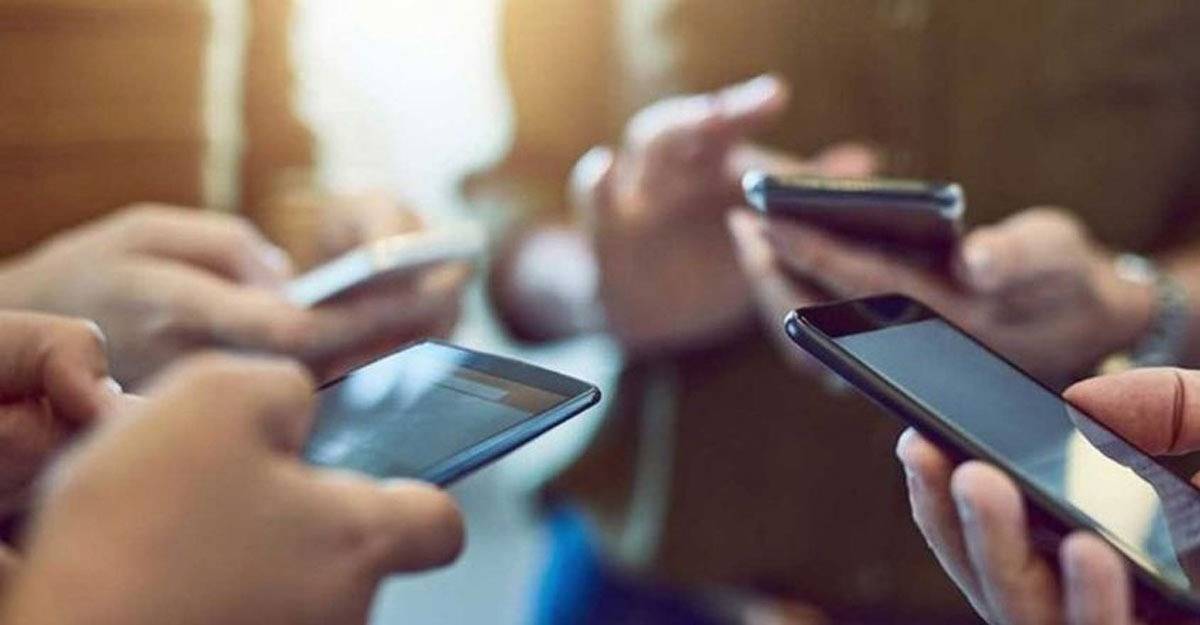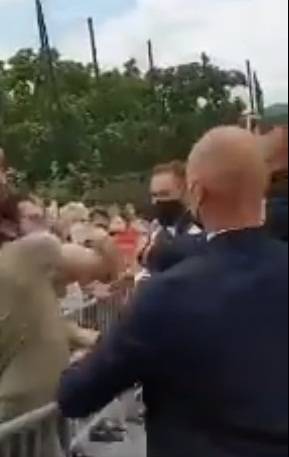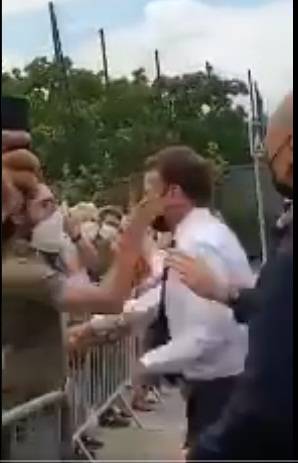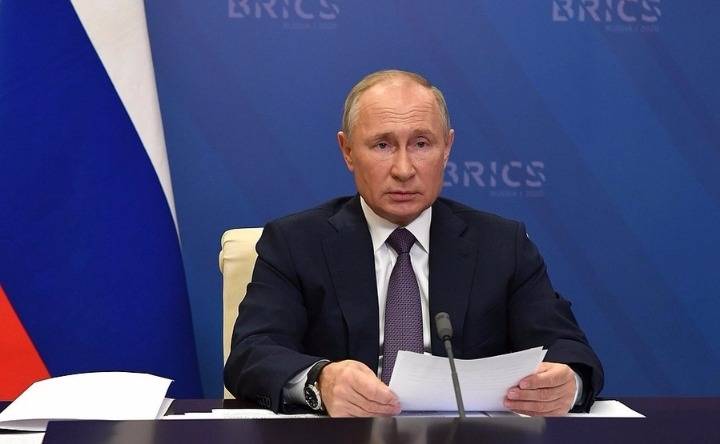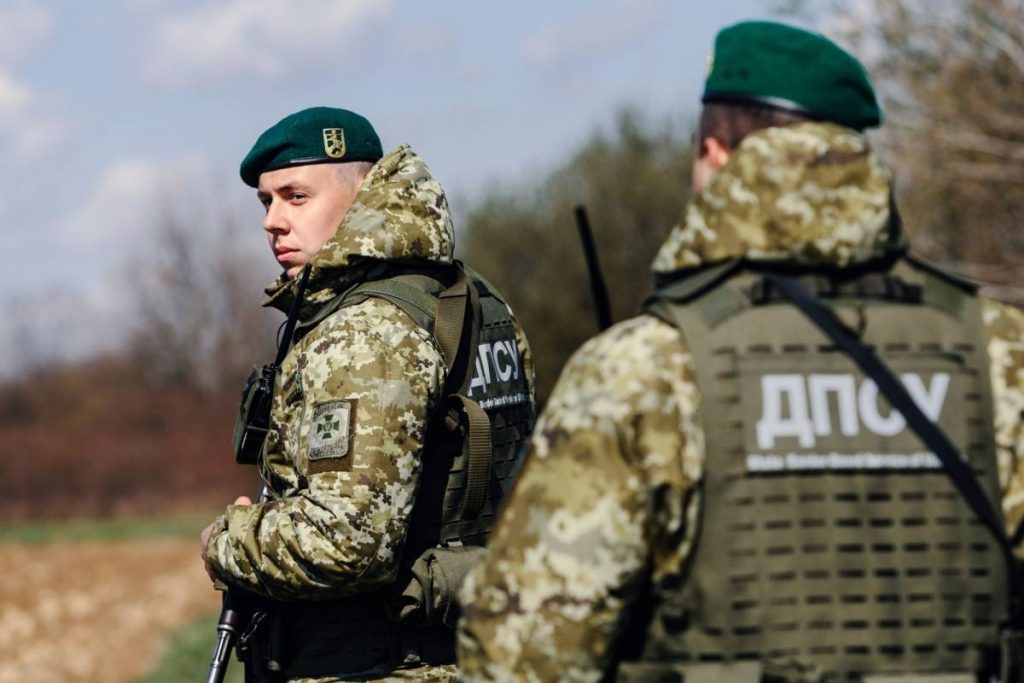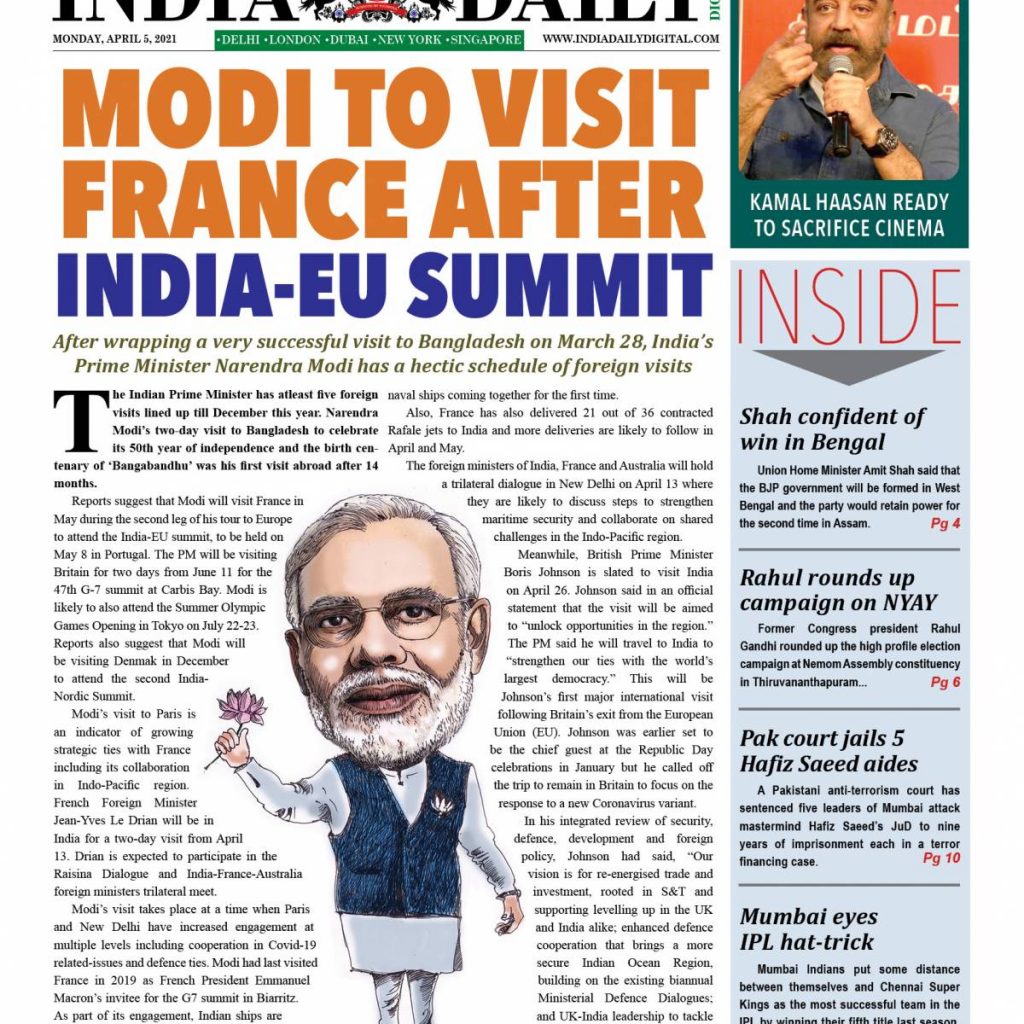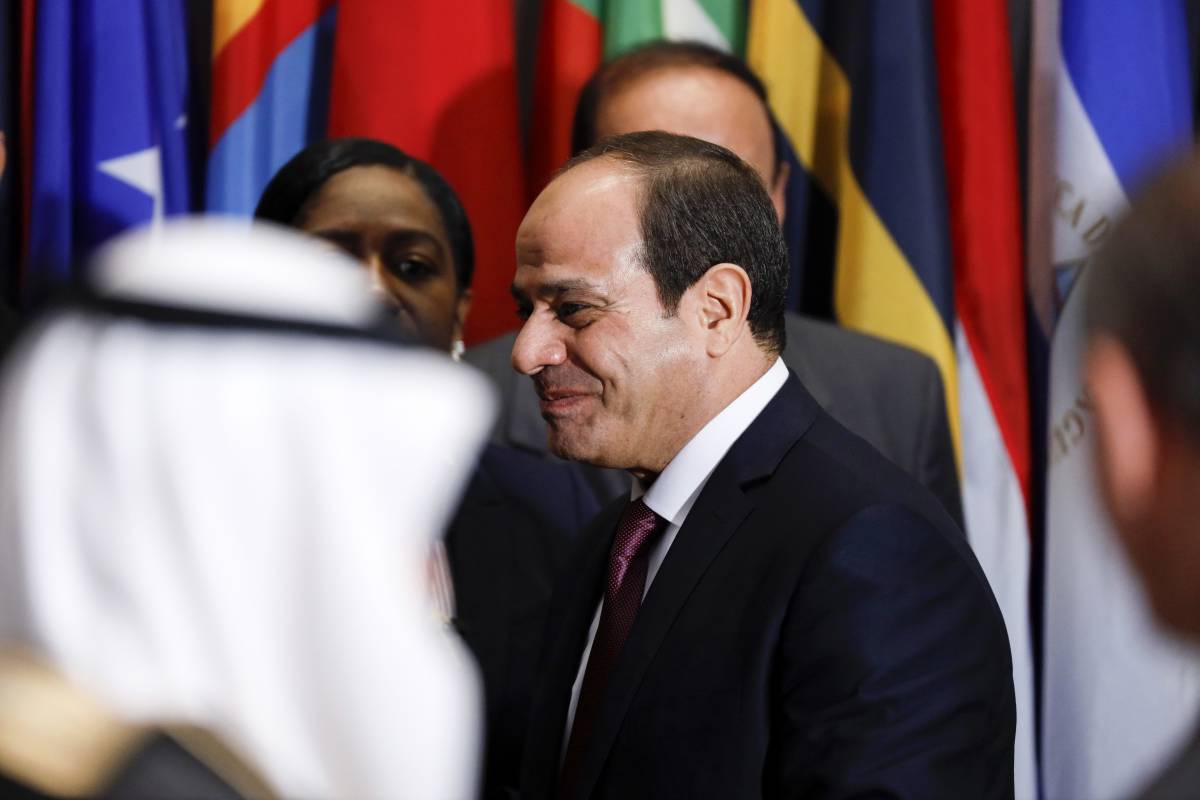As snooping row spreads over 34 countries, governments and political parties seek answers over the new data revealed by a consortium of news outlets, reports Asian Lite News
As the Pegasus snooping row snowballs into a crisis across the world, the Israel-based NSO Group, maker spyware, is coming under increasing scrutiny across the world.
The leaked list, shared with the news outlets by Forbidden Stories, a Paris-based journalism non-profit, and rights group Amnesty International, showed the identities of people targeted with more than 300 of those phone numbers in India, including politicians, dozens of journalists, businessmen and even two ministers in the Modi government.
Meanwhile, fresh reports have revealed that mobile phone numbers of the French president, Emmanuel Macron, and 13 other heads of state and heads of government were snooped.
The South African president, Cyril Ramaphosa, and the Pakistani prime minister, Imran Khan, are also listed in the data, which includes diplomats, military chiefs and senior politicians from 34 countries. Other prominent figures who were snooped, includes, Tedros Adhanom Ghebreyesus, the World Health Organization’s director general, Saad Hariri, who resigned as prime minister of Lebanon, Charles Michel, the president of the European Council, King Mohammed VI of Morocco, Saadeddine Othmani, Morocco’s prime minister, former president of Mexico Felipe Calderón, Robert Malley, a longtime American diplomat.
France orders probe
French President Emmanuel Macron has ordered multiple investigations to be carried out after his phone number, as well as those of his former Prime Minister and the majority of his 20-strong Cabinet, appeared in the leaked database at the heart of the Pegasus Project, The Guardian reported.

French Prime Minister Jean Castex said on Wednesday the Elysee (official residence of the French President) had “ordered a series of investigations”, after vowing to “shed all light on the revelations”, the report said.
But Castex said it is too early to comment or announce any new security measures or other action without knowing “exactly what happened”. He said: “We are going to look at this very closely.”
French politicians expressed shock after the mobile numbers of Macron, former Prime Minister Edouard Philippe and 14 serving ministers, including those for justice and foreign affairs, appeared in the leaked data.
Plea in SC seeks probe into snooping scandal
Meanwhile, in India a plea has been moved in the Supreme Court seeking a court-monitored SIT probe into the Pegasus snooping scandal. The plea filed by advocate M.L. Sharma has claimed that the snooping scandal is an attack on the Indian democracy.

The plea said: “Pegasus scandal is a matter of grave concern and an attack on the Indian democracy, country’s security and judiciary. The widespread use of surveillance is morally disfiguring. National security implications of this software are huge”.
The parliament which opened for the Monsoon session has been disrupted for the past three days, with the Opposition demanding a probe into the row. The government, however, stood its ground saying that it never authorised such a probe. Protests have spilled over to the streets with main opposition parties demanding answers from the government.
Israeli Defence Ministry studying investigation into NSO Group
The Israeli Defence Ministry is studying the investigation into NSO Group, Defence Minister Benny Gantz said Tuesday after it was revealed that the Israeli cyber company has been selling spyware to foreign governments to target journalists and activists, Jerusalem Post reported.
“We are aware of recent publications regarding the use of systems developed by certain Israeli cyber companies,” Gantz said on Tuesday at Cyber Week at Tel Aviv University, without naming the Herzliya-based company.
The report said Gantz asserted that as a matter of policy, Israel authorises the export of cyber products “solely to governments, only for lawful use and exclusively for the purposes of preventing and investigating crime and terrorism” and that the country controls the exports of such products and complies with international export control regimes.
“The countries acquiring these systems must abide by their commitments to these requirements. We are currently studying the information that is published on the subject,” Gantz said.
In a statement released after the investigation was published, the Defence Ministry said that it will take “appropriate action” if NSO Group violated the terms of its export licenses or end use certificates, the report added.
ALSO READ-As snoopgate snowballs, Govt faces Opposition fire

